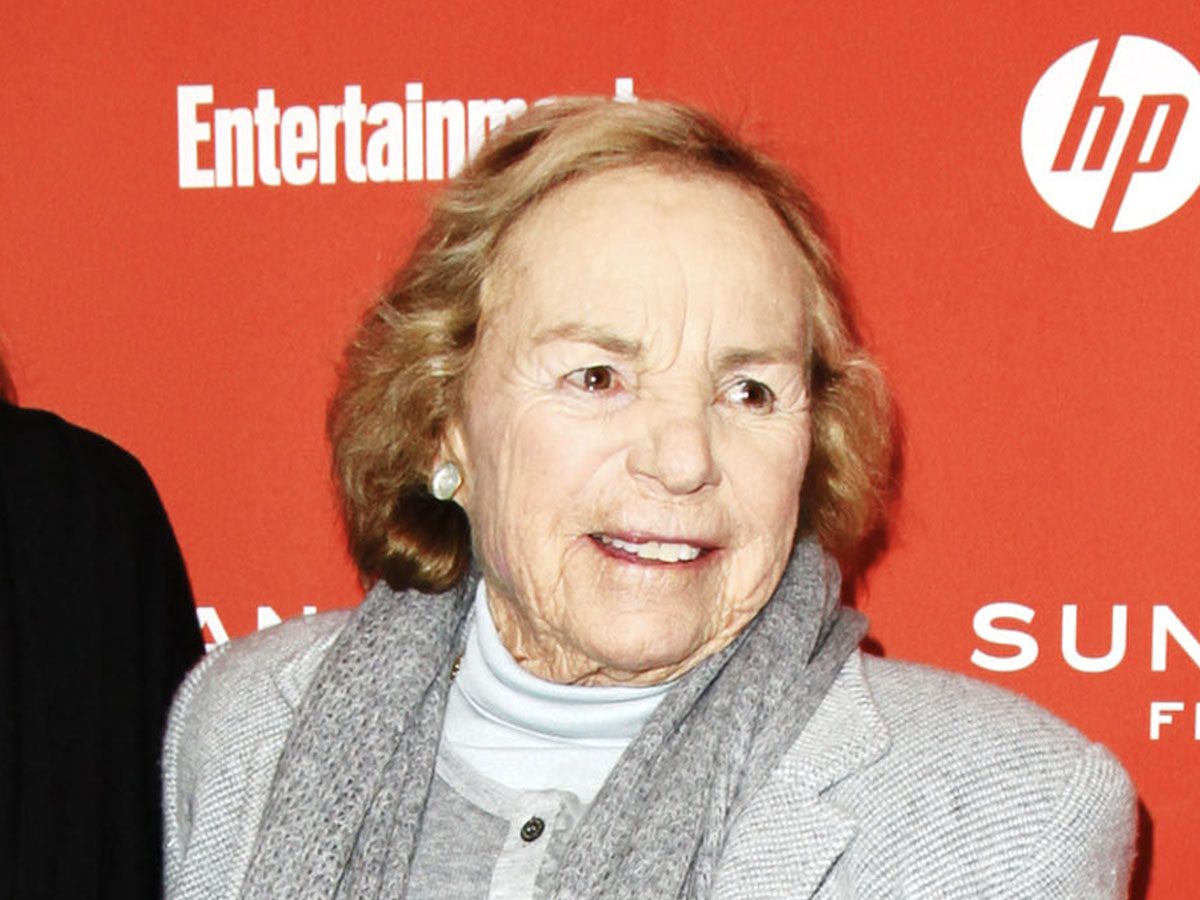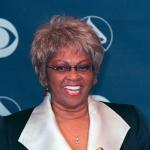
Ethel Kennedy, a woman of unwavering faith and compassion, passed away at the age of 96, leaving behind a profound legacy of love, justice, and commitment to both family and faith. The widow of Senator Robert F. Kennedy, Ethel’s life was one marked by immense personal loss and unparalleled resilience. As the matriarch of one of America’s most prominent families, she played an instrumental role in shaping the moral and spiritual compass of her children and grandchildren, all while maintaining an unshakable devotion to her Catholic faith.
Ethel’s passing was announced by her grandson, Joe Kennedy III, who shared that she passed peacefully from complications related to a stroke. Her death marks the end of a generation, but her life’s impact continues to resonate with those who knew her and admired her work in social justice and human rights. A devout Catholic, Ethel was a daily communicant, and her faith was the cornerstone of how she navigated the immense joys and sorrows that defined her journey.
It is with our hearts full of love that we announce the passing of our amazing grandmother, Ethel Kennedy. She died this morning from complications related to a stroke suffered last week. Along with a lifetime’s work in social justice and human rights, our mother leaves behind…
— Joe Kennedy III (@joekennedy) October 10, 2024
Born into a devout Catholic family on April 11, 1928, Ethel Skakel grew up in the vibrant community of Greenwich, Connecticut. From a young age, she was instilled with a sense of service and charity, qualities that would define her adult life. She met Robert F. Kennedy, her future husband, through his sister, Jean, while both were attending college. The two married in 1950, and what followed was a partnership rooted in mutual respect, shared values, and a dedication to their growing family. Together, they had 11 children, a family that would go on to carry the Kennedy name through the triumphs and tragedies that awaited them.
Despite the pressures of political life, Ethel and Robert’s marriage was grounded in their shared Catholic faith. Ethel was not just the supportive wife behind the scenes—she was a force of moral clarity and conviction, always reminding those around her of the importance of kindness, generosity, and service to others. Their home in Hickory Hill was not only a place of joy for their children but a hub for activism and meaningful discussions about civil rights, social justice, and the betterment of society.
The assassination of Robert F. Kennedy in 1968 was a heartbreaking loss, not only for Ethel but for the nation. At 40 years old, Ethel became a widow and the sole parent to her children. Yet, in the face of devastating loss, Ethel leaned heavily on her Catholic faith, trusting in God’s plan even when the future seemed uncertain. She found solace in daily Mass, and her commitment to prayer became a lifeline during those dark days.
In the wake of her husband’s death, Ethel continued to champion the causes that were close to Robert’s heart. She became deeply involved in the Robert F. Kennedy Memorial, an organization dedicated to carrying on his work in social justice, human rights, and equality. For Ethel, this was not just about honoring her husband’s memory; it was a living expression of her faith in action, working to uplift the marginalized and give voice to the oppressed.
Ethel’s faith was not confined to the church pews; it radiated through her relationships with family and community. She was the heartbeat of the Kennedy family, guiding her children, grandchildren, and great-grandchildren with wisdom and love. Her daily Mass attendance and deep prayer life were not just routines but expressions of her steadfast belief in God’s providence. Ethel’s love for the Eucharist was well-known, and she often spoke about how her faith was the source of her strength, especially in the face of unimaginable loss, including the tragic deaths of two of her children, David and Michael, and her grandchildren, Maeve and Saoirse.
Through every trial, Ethel remained a woman of hope. Her life was a testament to the power of forgiveness, redemption, and trust in God’s plan, even when that plan is difficult to understand. In interviews over the years, she emphasized the importance of trusting in God’s will, saying, “We don’t always know why things happen, but we do know that God is with us in every moment, guiding us through the darkness.”
Beyond her role as a mother and grandmother, Ethel Kennedy was a fierce advocate for social justice. She remained deeply involved in causes related to human rights, environmental protection, and economic justice well into her later years. She was particularly passionate about the rights of farmworkers and migrants, and she worked closely with figures like Cesar Chavez to ensure that their voices were heard. For Ethel, these causes were not just political—they were spiritual imperatives rooted in her belief that every human being is created in the image of God and deserves dignity and respect.
Her faith inspired her activism, which reflected her love for God and neighbor. In every speech, march, and act of service, Ethel Kennedy lived out the Gospel message, challenging those around her to do the same.
In her final moments, surrounded by loved ones, Ethel’s family found comfort in knowing she would be reunited with Robert, as well as the children and grandchildren she had lost. Her passing brings to mind the words of St. Paul in 2 Timothy 4:7: “I have fought the good fight, I have finished the race, I have kept the faith.” Ethel Kennedy’s life was indeed a race well run, a life marked by faith, hope, and love.


